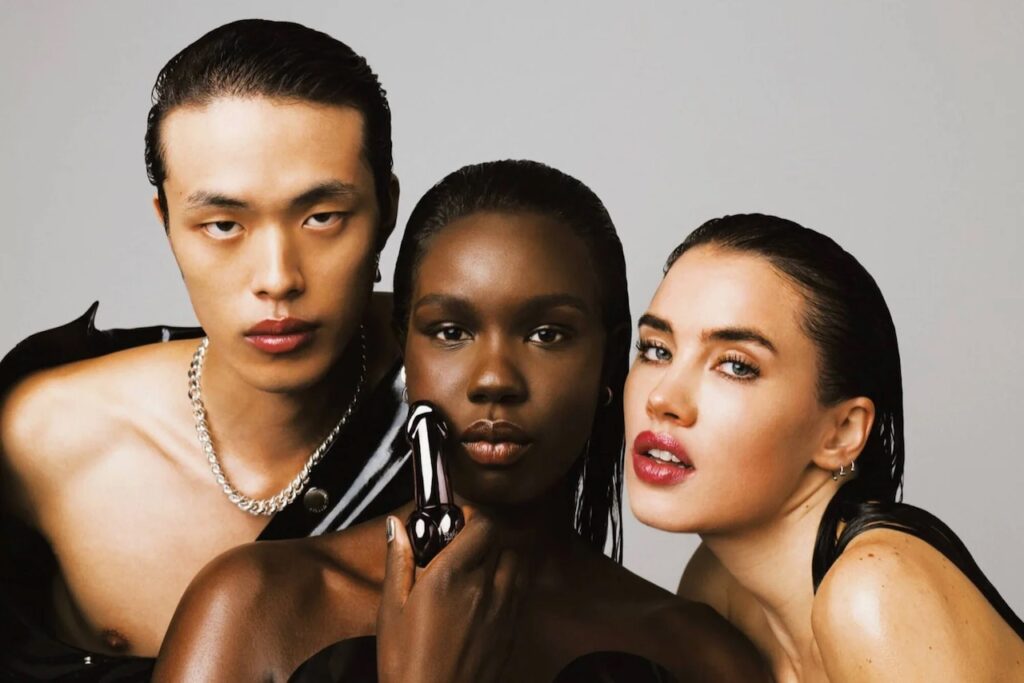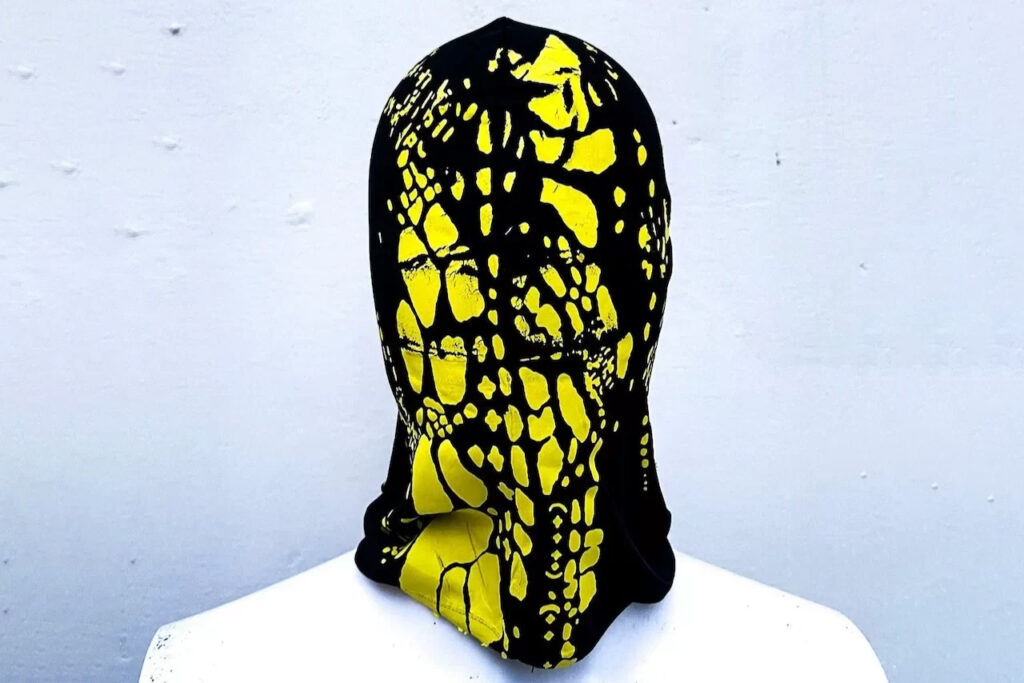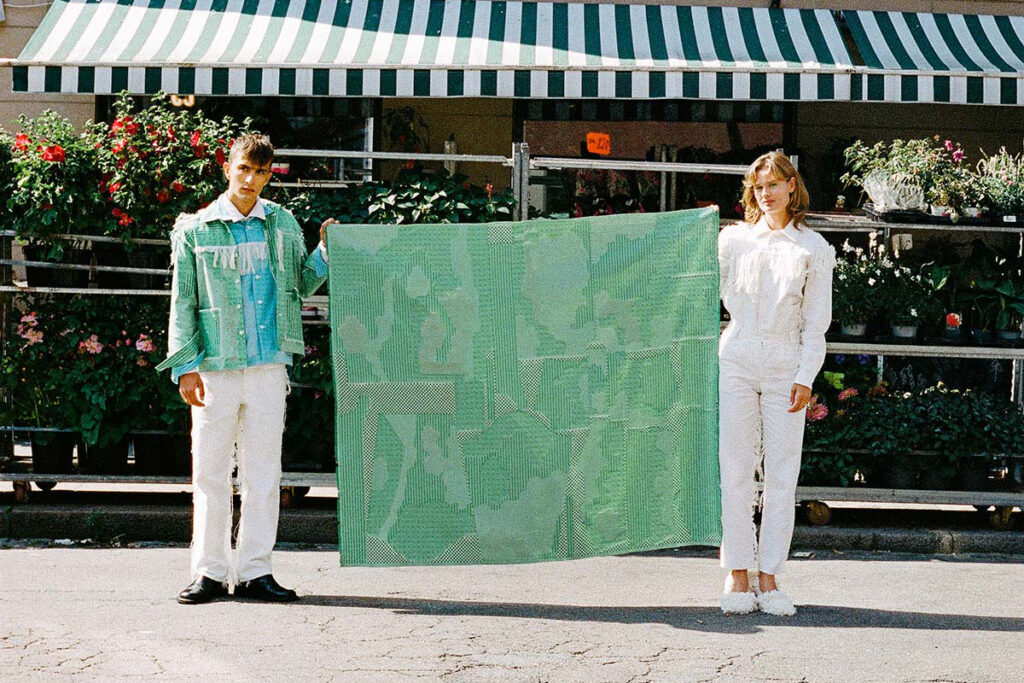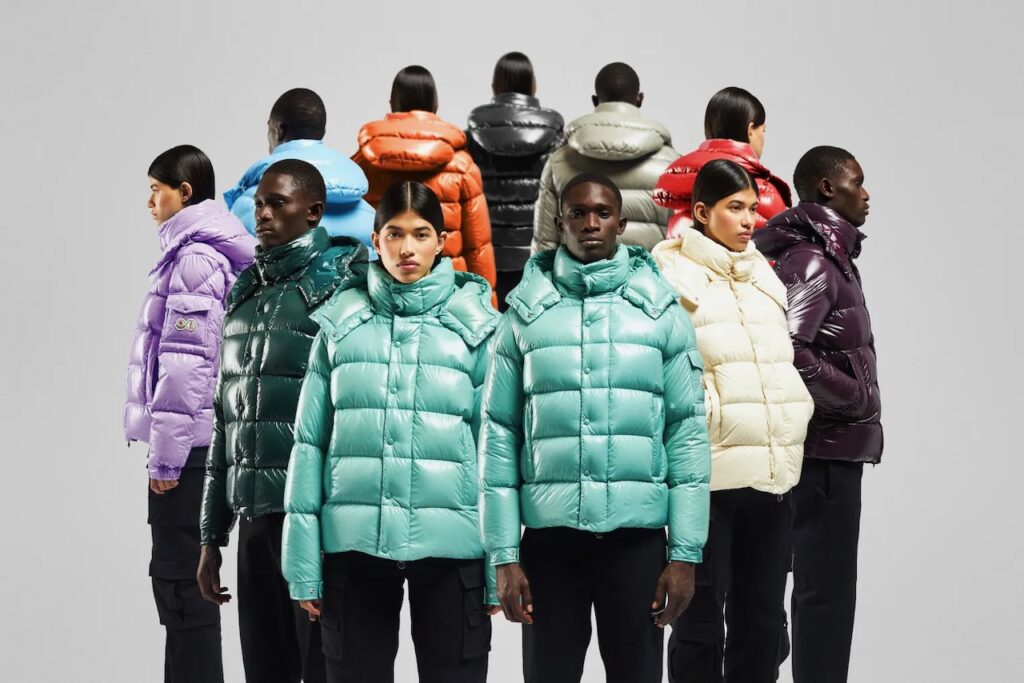Conscious fashion wasn’t always the obvious choice. In fact, once upon a time, it was conceived as incompatible or even opposite to high fashion. And yet in the 90s, a pioneer designer from Mali made a point to scour the markets at dawn, searching for deadstock and pieces of fabric he could piece together to create his emblematic works of art. And so, Lamine Kouyaté was christened “The Prince of Pieces”.
He named his brand XULY.Bët, which is wolof for “keep your eyes open”, and ventured into the gruelling, and at the time racist, waters of Parisian high fashion. His trademark? The red stitching he would use to sow his pieces together, which the prince himself would often describe as a scar.
Kouyaté was the first designer to ever join a fashion-sportswear collaboration: he created a collection with Puma. His work used to be all over magazine covers, and he dressed the likes of Janet Jackson. He was one of the few African designers who managed to make a name for themselves in the opulent Paris fashion sphere, and his artistry and innovation equipped his small label to stand up to big conglomerates. With this track record, it is hard to image why XULY.Bët was ever cast into oblivion.
For the past decade, Kouyaté has been working estranged from high fashion, focusing his efforts towards the urban scene. So why is he back?
“... we figured out that Paris is our base. It’s very conservative, so we have to come and struggle here. You have to be a part of it, because we have a vision that could really matter now.”
Kouyaté for GQ
Perhaps the glamorous fashion world wasn’t ready for XULY.Bët’s revolutionary ways in the 90s, but one thing is clear: right now, it is exactly what is needed.













